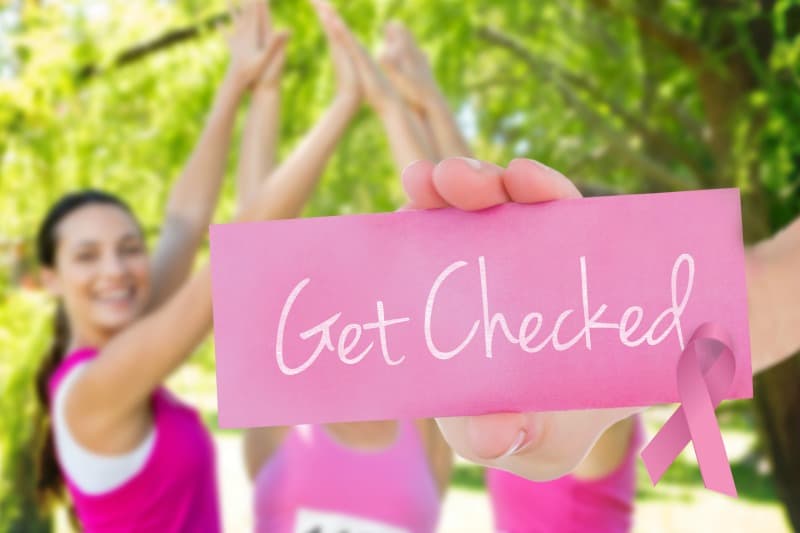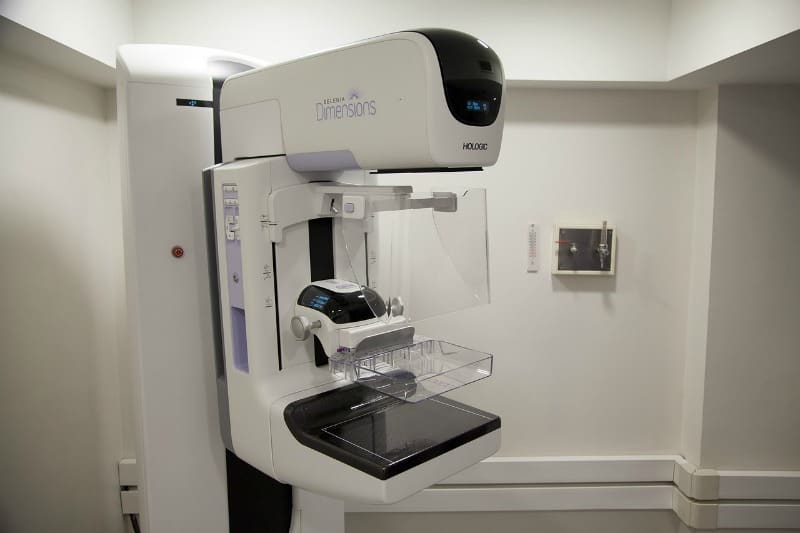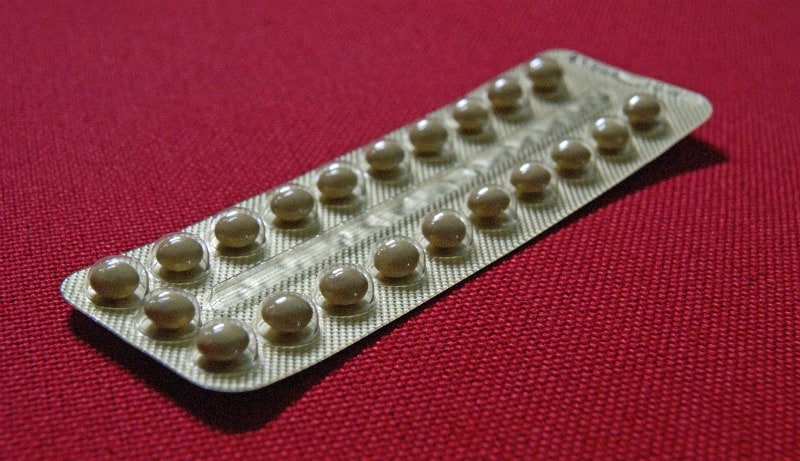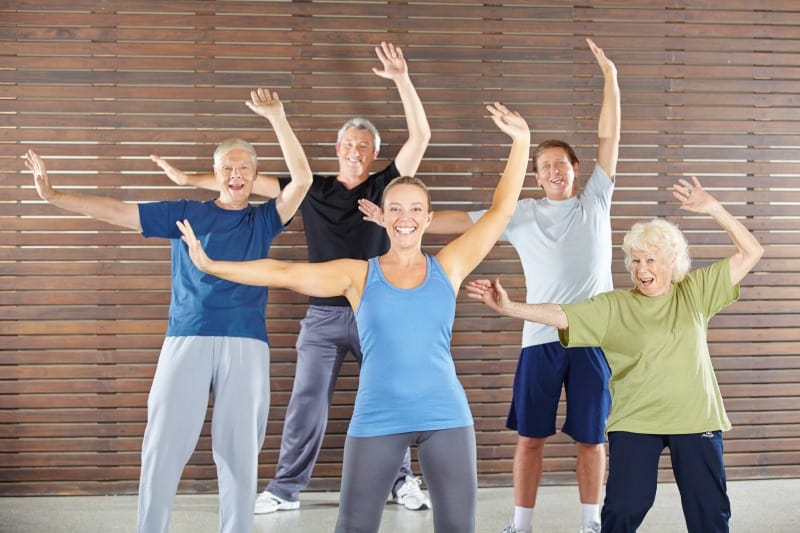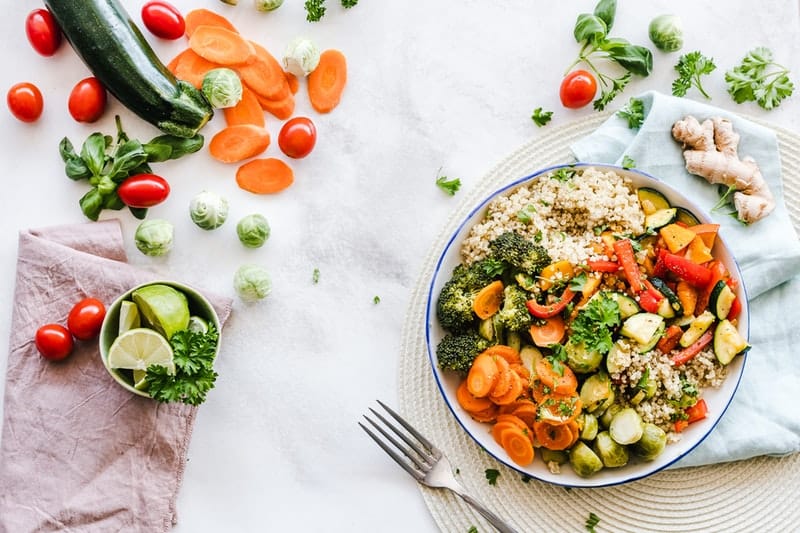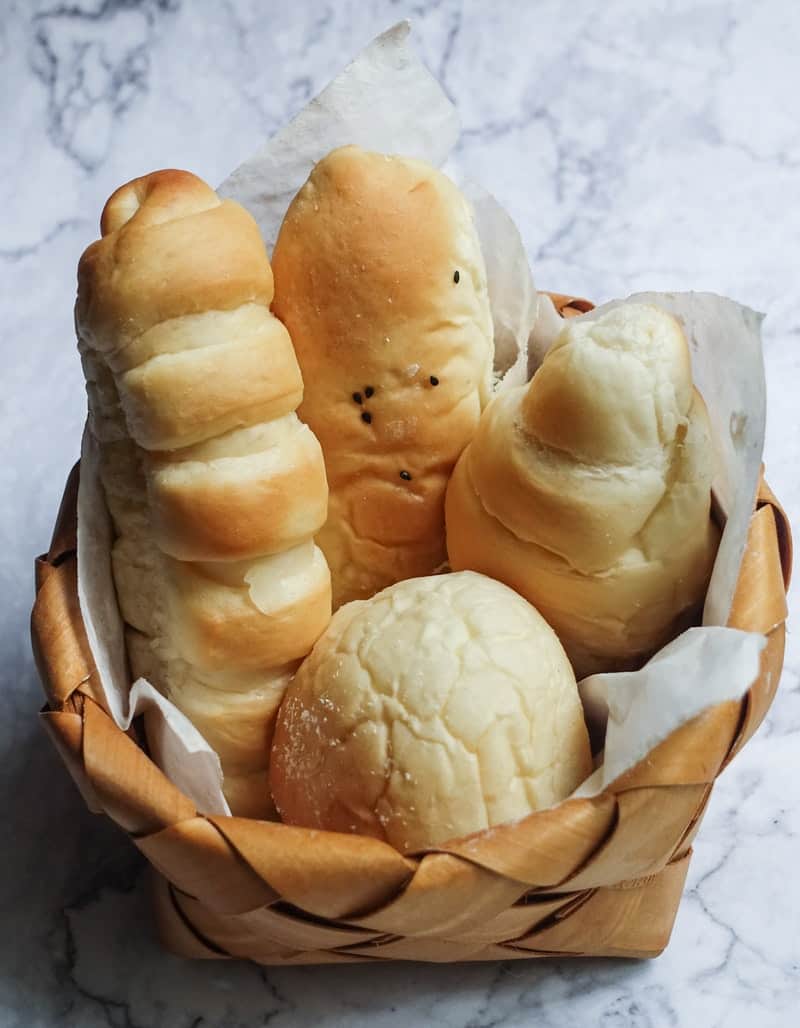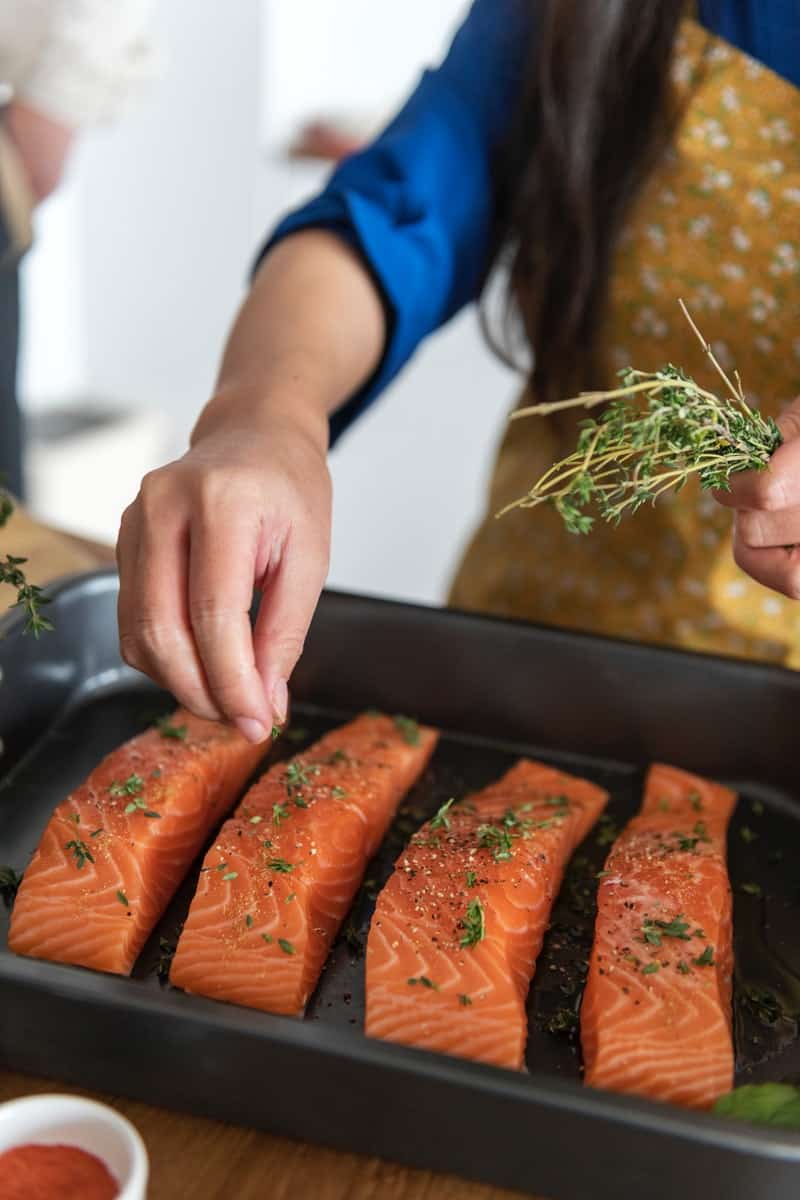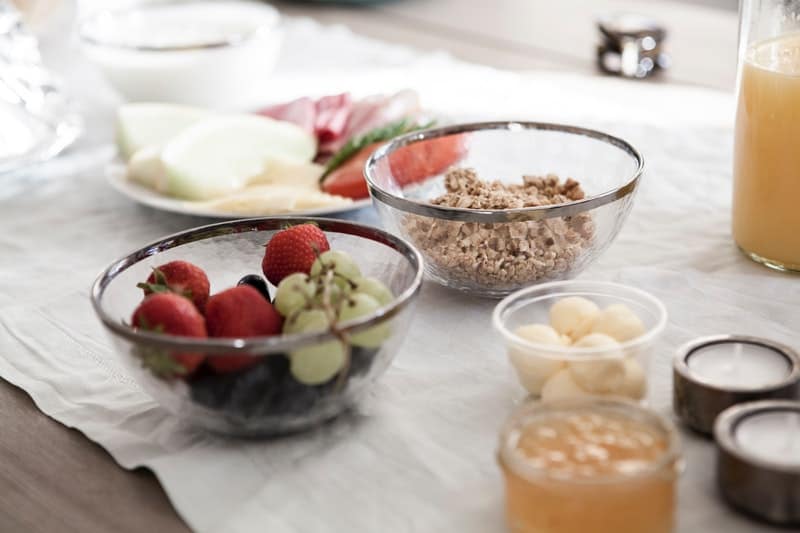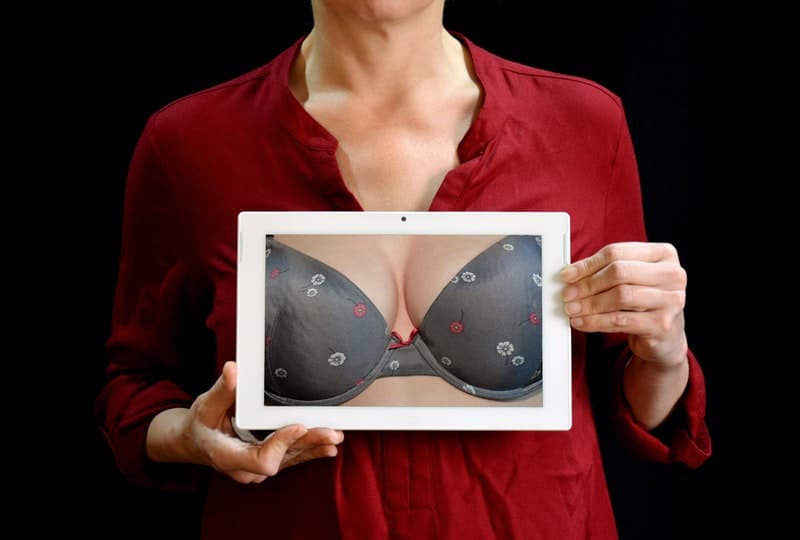Last Updated on December 4, 2019 by Ellen Christian
It seems as though every day we learn something new about how to reduce your risk of breast cancer. I know that I’ve often wondered if I’m doing enough by making lifestyle changes. Or, if there’s something else I need to do to help.
Posts may be sponsored. This post contains affiliate links, which means I will make a commission at no extra cost to you should you click through and make a purchase. As an Amazon Associate I earn from qualifying purchases.
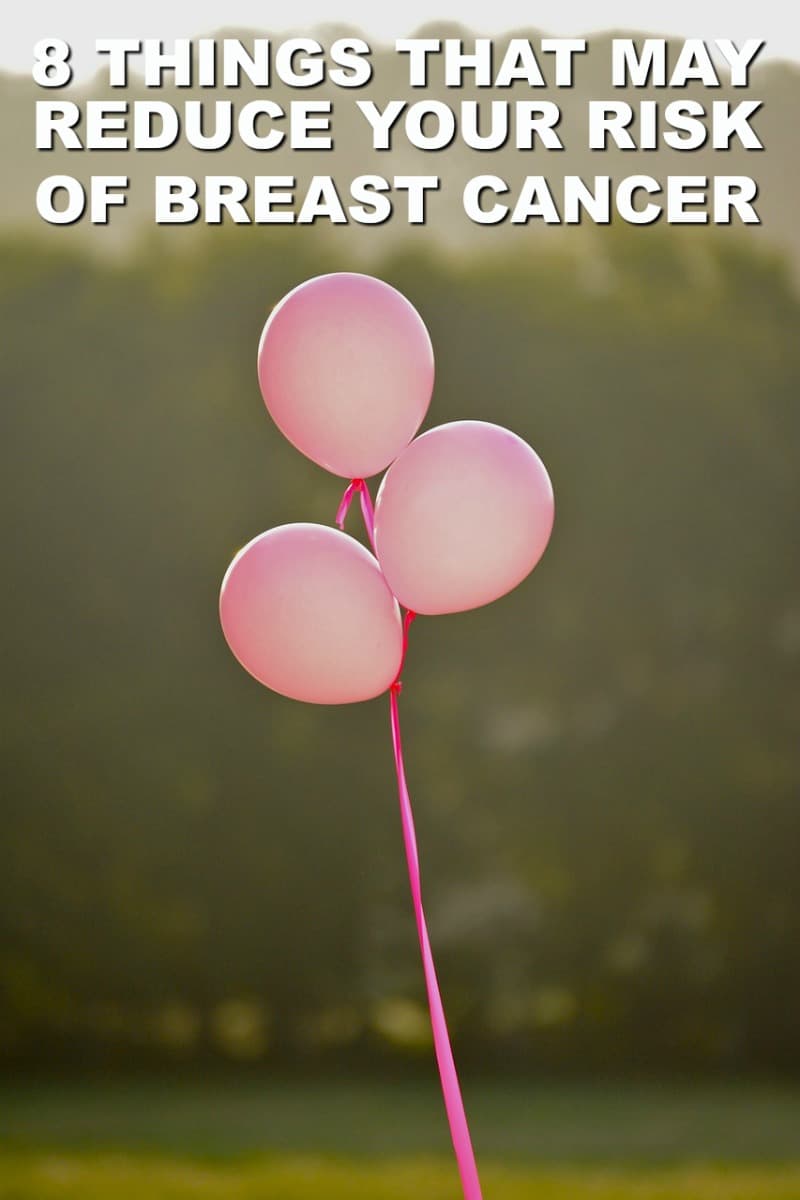
Reduce Your Risk of Breast Cancer
Of course, I’m not a doctor. I’m just a woman with a passion for healthy living. If you have any questions, you should definitely speak to your doctor. Actually, you should speak to your doctor about your risk the next time you have an appointment no matter what.
Is breast cancer preventable?
It seems as though we’re always hearing new information about what does and doesn’t cause breast cancer. Or, how often and at what age we should begin getting mammograms. As a result, many women have grown weary of these conversations and have turned a deaf ear. Regardless of what you hear on the news, here are eight things you can do that may reduce your risk for breast cancer. Print them out. Tape them to your refrigerator. Better yet, follow them.
Who is at high risk for breast cancer?
Is there a history of breast or ovarian cancer in your family? If so, talk to your doctor about getting tested to see if you carry one of the breast cancer genes. Knowledge is power. If you test positive for one of these genes, there are steps you can take to greatly reduce your risk for breast cancer. Don’t be one of those women who have the “Hear no evil; See no evil; Speak no evil” gene. Be smart. Stop breast cancer before it starts.
In addition to doing your monthly self-breast exams, women should begin getting yearly mammograms at age 40, or earlier if they have a family history of breast or ovarian cancer and/or test positive for one of the breast cancer genes. Harvard Health recommends women aged 50 who are at average risk have a mammogram once every two years.
What can you do to reduce cancer risk?
Consider avoiding all forms of hormones. Breast cancer is a disease of aging. Because girls start their periods earlier, and many women take either estrogen replacement therapy or bioidentical hormones, today’s women have had estrogen in their bodies longer than any previous generation. As a result, they may be at greater risk of developing breast cancer than their mothers.
The TODAY Show’s Dr. Nancy Snyderman stated that “You can call them bioidenticals, or you can call them the hormones you get from your pharmaceutical company, but hormones are still hormones are still hormones.” Dr. Snyderman advises women not to take any form of estrogen longer than five years “because then we know the incident of breast cancer really goes up.”
How much does exercise reduce breast cancer risk?
Be physically active every day; walk 30 minutes, six days a week. As we age, many women gain weight due to our high fat, oversized portions, preservative laden, lack of exercise lifestyles. Excess weight around a woman’s waist often turns into excess estrogen in the body. Be as lean as you can, within your normal body weight, but not skinny.
How to prevent breast cancer with food
Eat colorful fruits and vegetables. Because plant compounds protect our cells and stimulate our immune system, it’s important to consume at least five servings a day of vegetables and three servings a day of fruit. A serving of fruit is the size of a tennis ball. A serving of vegetables is one cup raw, or one-half cup if lightly steamed.
Limit sugar, processed foods, fast foods and “white foods.” White foods like pasta, rice, potatoes, bread, and sugar, along with high-fructose corn syrup, convert to sugar and contribute to inflammation in the body. Inflammation can trigger cancer, heart disease, diabetes, and stroke, plus cancer feeds on sugar.
Limit red meat and processed meats. Red meat is high in saturated fat, which has been associated with breast and colorectal cancer, plus it raises cholesterol. Try to eat more chicken and fish. Only eat red meat and chicken that doesn’t contain added growth hormones, which may be linked to the rising incidence of hormone-receptor breast cancer.
Limit alcohol consumption. While alcohol may be good for your heart, it is bad for your breasts. Studies show that having a drink or two each day may increase your risk of getting breast cancer by up to 51%. They also show it doesn’t matter whether it’s wine, beer or hard liquor.
I know it’s hard to make drastic, overnight changes to your lifestyle, but what if you start with one change a week? The first week, perhaps you skip the afternoon soda and protein bar—both chocked full of sugar—and eat fresh fruit and a handful of walnuts. Maybe the second week you substitute bagel and cream cheese for spoon-sized shredded wheat, fresh blueberries, and nonfat milk. Even small changes in our diet can make a big difference in our health.
Is breast cancer preventable?
Now that half of all medical students are women, hopefully, more attention will be paid to the cause and effects of breast cancer. In the meantime, do your best to control your weight, exercise regularly and eat foods that are as close to what God made as possible.
Learn more about ovarian cancer testing. See how we trimmed our Christmas tree for Breast Cancer Awareness.
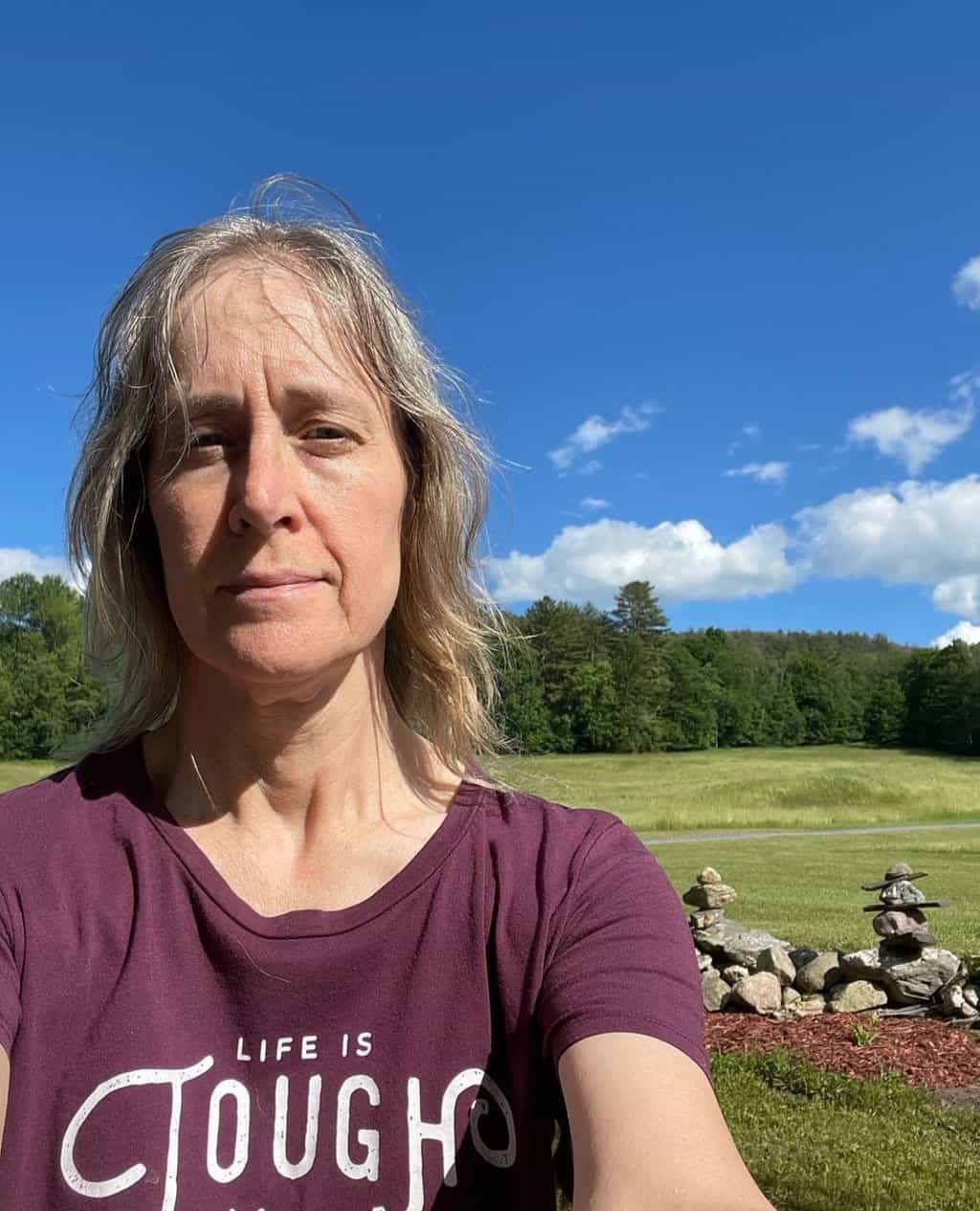
Ellen is a busy mom of a 24-year-old son and 29-year-old daughter. She owns six blogs and is addicted to social media. She believes that it doesn’t have to be difficult to lead a healthy life. She shares simple healthy living tips to show busy women how to lead fulfilling lives. If you’d like to work together, email info@confessionsofanover-workedmom.com to chat.

